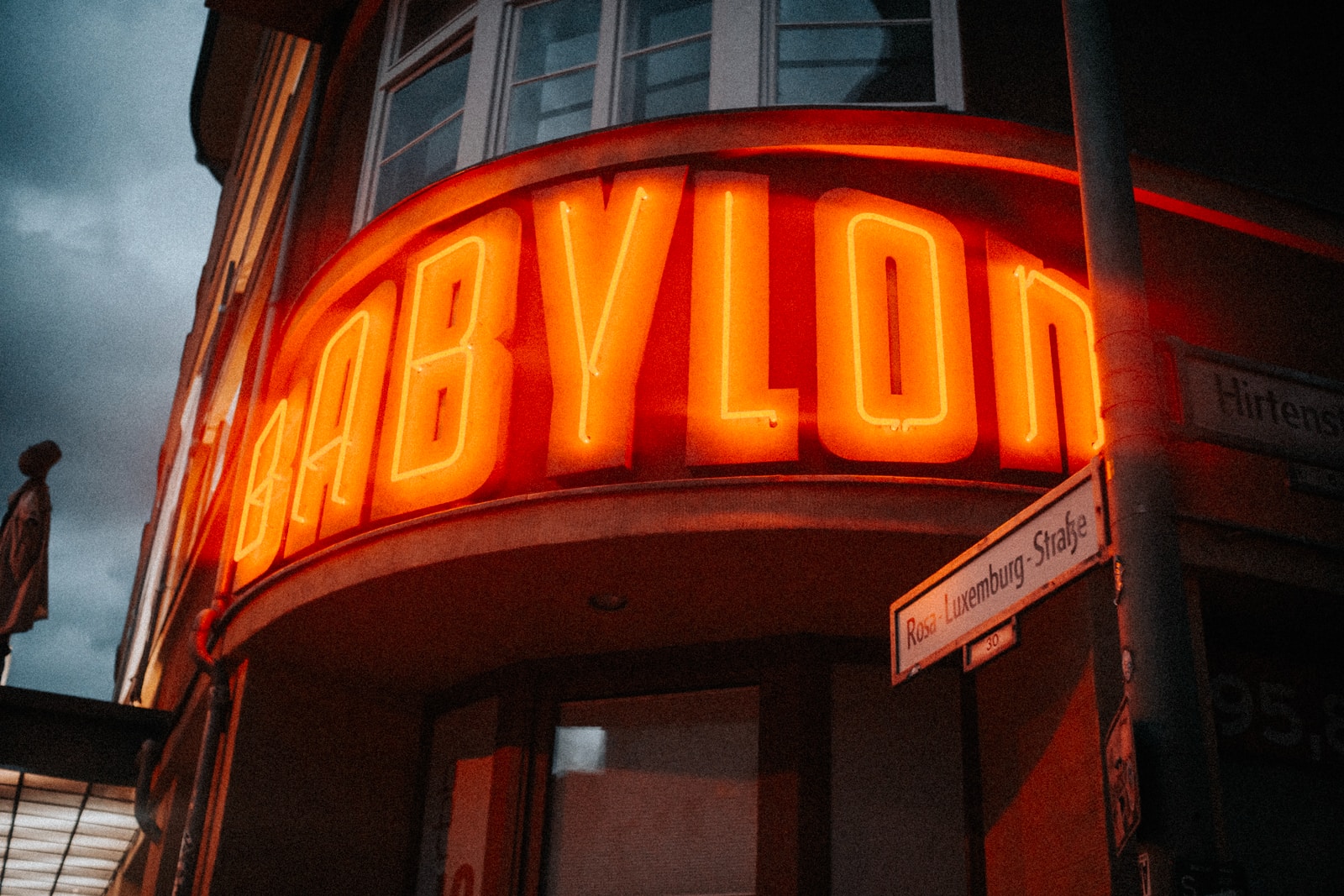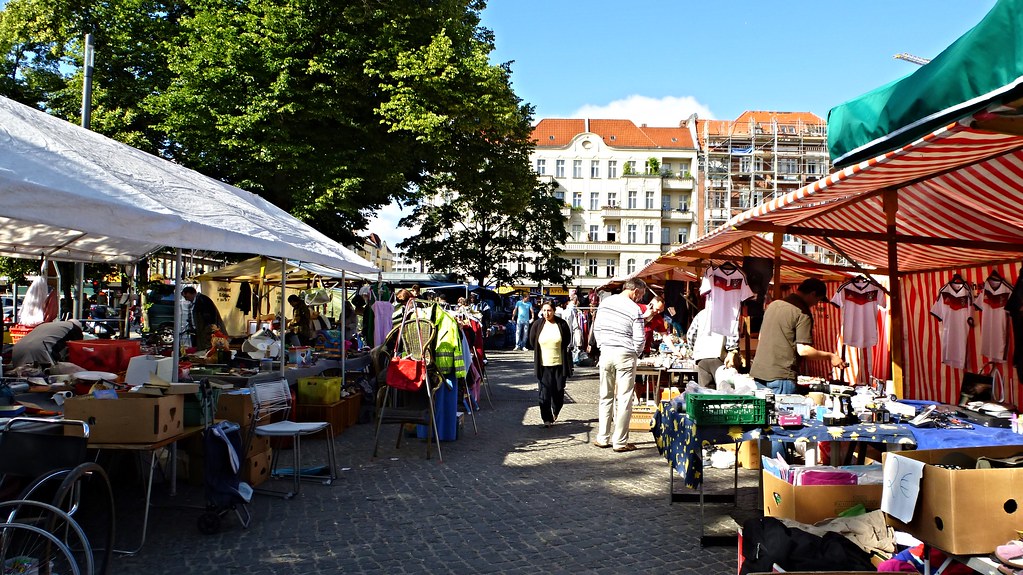
“Babylon Berlin” conquers the world
|
Getting your Trinity Audio player ready...
|
“Der Spiegel” wrote of a “series masterpiece” and oracularized: “It could be that ‘Babylon Berlin’ is the first major German TV production since ‘Das Boot’ to have truly relevant success abroad.” In this case, the magazine was to be proven right: “Babylon Berlin” has been sold to over 60 countries. Even now, before the series is broadcast on ARD, it is a global success. In England, the series is on Sky Atlantic, in the U.S. on Netflix.
“It’s all wonderfully gripping,” the Financial Times critic raved. “Volker Bruch has the most pain-filled, expressive eyes you’ll see this year,” and with Charlotte, “a dreary secretary by day, a jazz baby by night, we enter the youthful Berlin of dancing frenzy and downright desperate excess.” Esme Nicholson in “National Public Radio” headlined, “Germany’s ‘Babylon Berlin’ Crime Series Is Like ‘Cabaret’ On Cocaine.” James Delingpole warned viewers in “The Spectator”: “‘Babylon Berlin’ is so brilliant I’d advise you not to start watching it. This TV masterpiece about Weimar Germany will eat up 16 hours of your life.”
Tom Tykwer gave an interview to the New York magazine “Vulture.” The most important question was about the political relevance, the references to current events. Can you compare 2018 with 1929? Tykwer: “Yes, and the parallels are too obvious to be overlooked, so they have to be addressed. With the emergence of new parties that have a big influence on politics, the German party system is just reshaping itself, actually all over Europe. And these parties are predominantly far right. It was the same back then. The sudden emergence of a strong right-wing party is exactly what is happening to society in our series. For quite a long time, the Nazis were ignored by the majority of society. They had no influence, no voters. In 1929, they had only 1.8 percent. Of course, one cannot grossly simplify historical developments and pretend that this analogy applies at all important levels. We have been living in a very stable democracy for over 60 years now. At that time – after the lost war, after the end of the monarchy – there was more of an experiment in the German political system.”
“Babylon Berlin” links the criminal case with intrigues that have far-reaching political consequences, including the so-called “Black Reichswehr.” The series shows how democracy is slowly eroding.
But it’s not a history lesson, Tykwer emphasizes. “We provide the viewers with our view of the developments. For example, on May 1, 1929 – that insane date of shame in the history of German democracy – there was this big demonstration in Berlin, the communists ignored a curfew and were literally shot off the street by the police on the orders of a Social Democratic police chief. The liberal left attacked the extreme left so hard! In the end, the extreme right benefited from it. It was just tragic how the leftist forces fought each other for so long that they forgot to watch out for their real enemies.”
“Babylon Berlin” is a complex, gritty, at times disturbing historical drama that deals with crime, sex and politics in late 1920s Berlin. Tykwer and his co-directors Achim von Borries and Hendrik Handloegten tell the story of commissioner Gereon Rath, who investigates a political blackmail case in Berlin’s porn scene and uncovers a conspiracy to destroy the young German republic. In between, “Babylon Berlin” presents an almost magical world of dance clubs, flapper girls, violence and dark shadows in an otherwise vibrant metropolis.
“In every cultural field, experimentation was the spirit of the age,” Tykwer says. “I think everything that came later in the 20th century in terms of culture was kind of there at the time – and that’s something we wanted to express with this scene, with our series. Especially when you think about how awful the idea is that all this cultural experimentation, this energy to invent and explore, could never mature because it was stifled so soon after.”
One of the many highlights of the series is the dance scene at “Moka Efti.” The joint really existed back then, but the scene is somehow also reminiscent of today’s club culture in the capital. In the meantime, people in America have also heard of the “Berghain”. Did Tykwer draw inspiration from it? “Oh yeah, I would say I know what’s going on. And the clubs I love have a clear language, a clear idea, a cultural code. The 20s club from Babylon Berlin, where Svetlana sings her song on stage, is probably a mixture of my favorite clubs, Kater Blau, Berghain and Heideglühen. The most important thing is this spirit of freedom, the idea that women and men have come together without predefined roles, different from the outside world. It’s a different way of meeting and getting in touch. And also this idea was so progressive in the late 20s. It was about freeing yourself from gender assignments. Especially in Berlin, even more so than in Paris. In Berlin there were places for every special interest, for every sexual desire and preference. There was already an LGBT community 90 years ago. All of that, of course, has gone under. Basically, it had to be rebuilt over half a century later. I guess in Berlin and a few other places, they were pretty close back then to where we are today.”
“Babylon Berlin” was a huge success when it premiered on pay TV: with well over a million viewers, it was Sky’s second-best series launch after “Game of Thrones.” ARD will broadcast “Babylon Berlin” in the fall. The creative trio Tywer/Borries/Handloegten is already working on the scripts for the next season.



